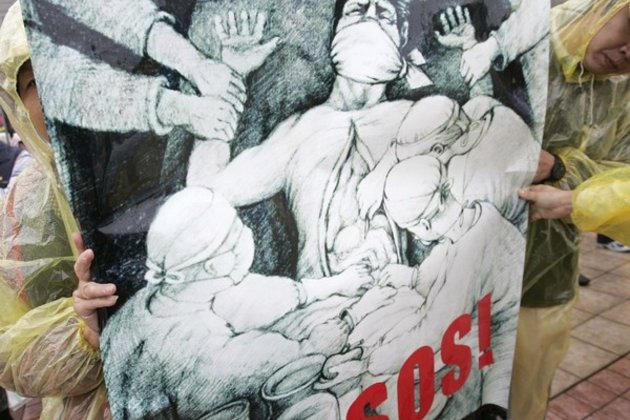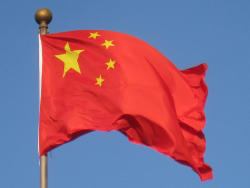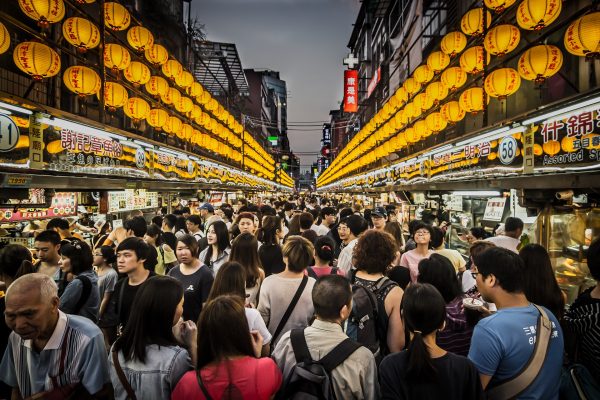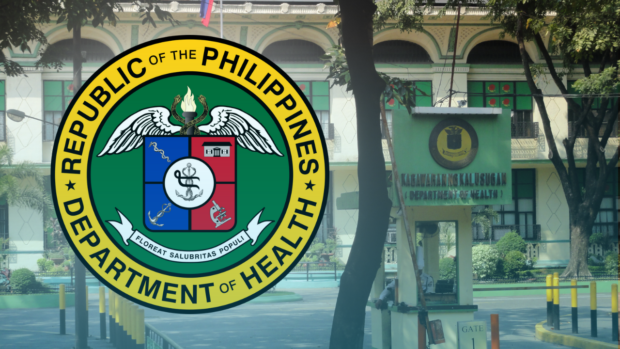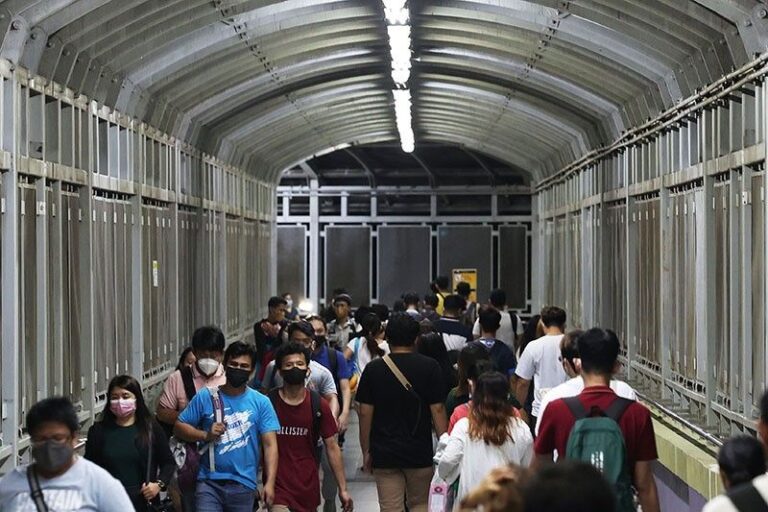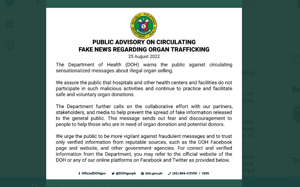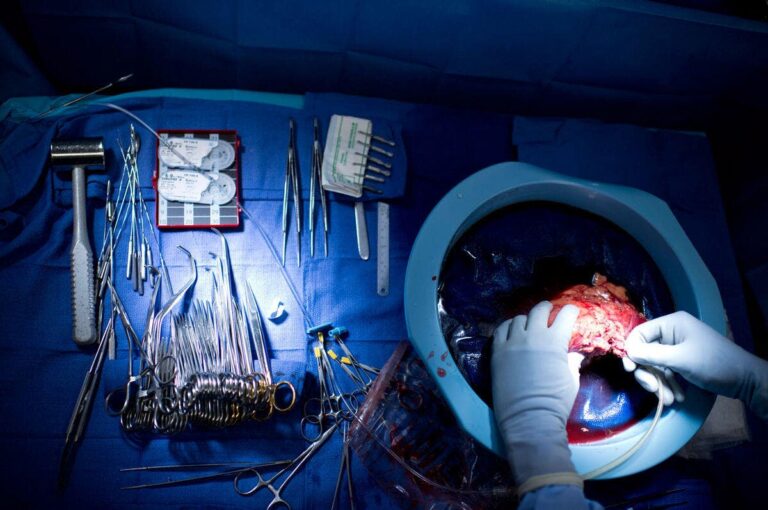China slams Italy’s mainstream media over an article on organ harvesting
Rome [Italy], September 7 (ANI): Italy, the first major Western power that joined the Belt and Road Initiative in March 2019 is facing the brunt of Chinese propaganda after it insulted Italian weekly magazine Panorama for publishing an article on organ harvesting. Marco Respinti, writing in Bitter Winter, a magazine on religious liberty and human…

